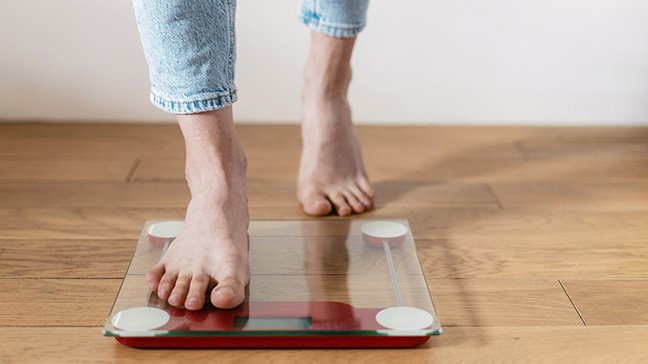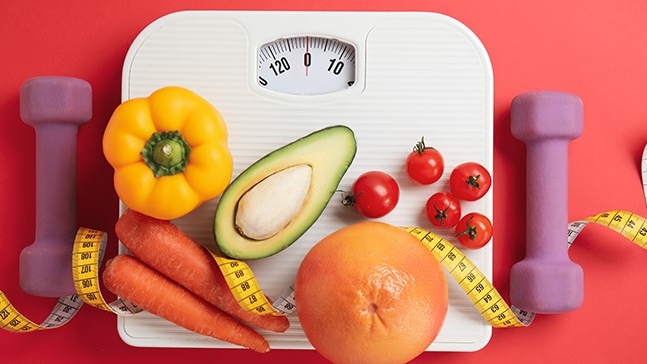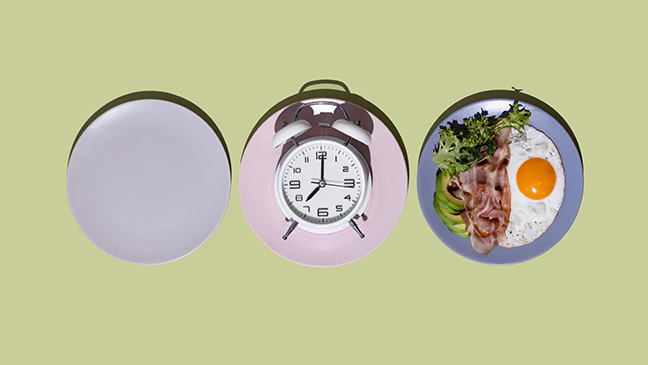- Diseases
- Acoustic Neuroma (14)
- Adrenal Gland Tumor (24)
- Anal Cancer (68)
- Anemia (2)
- Appendix Cancer (16)
- Bile Duct Cancer (26)
- Bladder Cancer (72)
- Brain Metastases (28)
- Brain Tumor (232)
- Breast Cancer (714)
- Breast Implant-Associated Anaplastic Large Cell Lymphoma (2)
- Cancer of Unknown Primary (4)
- Carcinoid Tumor (8)
- Cervical Cancer (158)
- Colon Cancer (166)
- Colorectal Cancer (116)
- Endocrine Tumor (4)
- Esophageal Cancer (44)
- Eye Cancer (36)
- Fallopian Tube Cancer (8)
- Germ Cell Tumor (4)
- Gestational Trophoblastic Disease (2)
- Head and Neck Cancer (12)
- Kidney Cancer (128)
- Leukemia (342)
- Liver Cancer (50)
- Lung Cancer (286)
- Lymphoma (278)
- Mesothelioma (14)
- Metastasis (30)
- Multiple Myeloma (100)
- Myelodysplastic Syndrome (60)
- Myeloproliferative Neoplasm (4)
- Neuroendocrine Tumors (16)
- Oral Cancer (100)
- Ovarian Cancer (172)
- Pancreatic Cancer (160)
- Parathyroid Disease (2)
- Penile Cancer (14)
- Pituitary Tumor (6)
- Prostate Cancer (146)
- Rectal Cancer (58)
- Renal Medullary Carcinoma (6)
- Salivary Gland Cancer (14)
- Sarcoma (238)
- Skin Cancer (296)
- Skull Base Tumors (56)
- Spinal Tumor (12)
- Stomach Cancer (64)
- Testicular Cancer (28)
- Throat Cancer (92)
- Thymoma (6)
- Thyroid Cancer (96)
- Tonsil Cancer (30)
- Uterine Cancer (80)
- Vaginal Cancer (16)
- Vulvar Cancer (20)
- Cancer Topic
- Adolescent and Young Adult Cancer Issues (20)
- Advance Care Planning (10)
- Biostatistics (2)
- Blood Donation (18)
- Bone Health (8)
- COVID-19 (362)
- Cancer Recurrence (120)
- Childhood Cancer Issues (120)
- Clinical Trials (630)
- Complementary Integrative Medicine (22)
- Cytogenetics (2)
- DNA Methylation (4)
- Diagnosis (232)
- Epigenetics (6)
- Fertility (62)
- Follow-up Guidelines (2)
- Health Disparities (14)
- Hereditary Cancer Syndromes (126)
- Immunology (18)
- Li-Fraumeni Syndrome (8)
- Mental Health (116)
- Molecular Diagnostics (8)
- Pain Management (62)
- Palliative Care (8)
- Pathology (10)
- Physical Therapy (18)
- Pregnancy (18)
- Prevention (914)
- Research (392)
- Second Opinion (74)
- Sexuality (16)
- Side Effects (604)
- Sleep Disorders (10)
- Stem Cell Transplantation Cellular Therapy (216)
- Support (402)
- Survivorship (320)
- Symptoms (182)
- Treatment (1786)
How to feel better after overeating during the holidays
4 minute read | Published November 15, 2023
Medically Reviewed | Last reviewed by an MD Anderson Cancer Center medical professional on November 15, 2023
There is no shortage of delicious foods during the holidays – and so many opportunities to indulge! Even someone with the best of intentions for a healthy diet may find themselves throwing their plans to the wayside in favor of a heaping plate of holiday foods.
Thankfully, overeating during the holidays doesn’t have to mean feeling uncomfortable, getting upset with yourself or giving up on your nutrition goals.
Ahead, wellness dietitian Lindsey Wohlford shares ways to feel better after overeating and tips for planning ahead for healthier holiday meals.
1. Take a walk or perform light exercise.
After a big meal, it can be tempting to curl up for a nap. However, even a small amount of pre-nap movement can have a big impact.
Wohlford says walking, or other light to moderate physical activity, promotes digestion, lowers blood sugar and reduces post-meal gas and bloating.
A neighborhood stroll or throwing a football with family and friends can be fun ways to round out your holiday agenda.
Another benefit of a post-meal walk? Wohlford says staying upright after eating can decrease indigestion and reflux.
2. Stay hydrated.
The dishes have been cleared. The pie has been eaten. And you have a terrible stomachache from eating too much green bean casserole. While you might feel as though you never want to eat another bite or drink another drop, staying hydrated can actually help you feel better.
Wohlford says sipping water after a large meal can keep you hydrated, and those extra fluids can help with digestion and prevent constipation. Additionally, she says herbal teas like mint and ginger can soothe an upset stomach and help with indigestion.
3. Be gentle with yourself.
After eating too much, it can be easy to be hard on yourself. If your inner monologue includes phrases like “Why did I have such a huge piece of pie?” and “I didn’t really need that second helping,” it can help to think about what may have caused you to overeat.
While it is easy to blame overeating on all the tempting options, Wohlford says there can be more to the equation: Were you stressed? Were you distracted while eating? Were you extra hungry beforehand?
“It can be easy to overeat amid the many distractions and access to so much delicious food during the holiday season. Add in some stress and you have the perfect recipe to overeat,” Wohlford says. “If you only overeat occasionally, remind yourself that one episode of overeating will not create major issues. This is something that happens to all of us,” she says.
However, overeating often and over a long period of time can lead to weight gain and obesity, and disrupt the hormonal signals the body uses to determine if it is hungry or full, Wohlford says. If you find yourself overeating frequently, it may help to talk to a therapist or registered dietitian.
4. Focus on your overall health habits.
It can be tempting to think of the holidays as ‘cheat days,’ or days when we eat a different amount and type of food than we do on an everyday basis.
However, Wohlford doesn’t like to think of the holidays as cheat days. That approach, she says, labels food and behaviors as being either good or bad, and places less importance on overall lifestyle.
“What we do the majority of the time is our lifestyle and is what will most impact our health,” Wohlford says. “If you are eating a healthy diet full of vegetables, fruits, beans, whole grains, nuts, seeds and lean protein most of the time, an occasional more indulgent choice will not destroy your health.”
5. Plan for the next holiday.
Wohlford recommends planning ahead with these tips to avoid overeating this holiday season:
Prioritize self-care: If you are prone to leaving holiday gatherings feeling uncomfortably full, Wohlford suggests preparing in advance, starting with self-care. This might look like scheduling workouts or walks, making time to unwind or simply ensuring you are getting the recommended amount of sleep.
Eat regular meals: While it may seem counterintuitive, eating consistent meals and having a healthy snack before an event can prevent you from getting so hungry that you overeat.
Avoid mindless snacking: All the activity at holiday events makes it easy to keep sampling and snacking even if you are already full. Wohlford suggests picking a seat further away from the buffet line. This will give you time to pause and decide whether you really want more to eat, or if you are just eating food because it is in front of you.
Choose colorful, plant-based foods: These options are filling and good sources of fiber, nutrients, phytonutrients and antioxidants.
Eat your favorite foods: The holidays deserve to be celebrated, so don’t deprive yourself of your favorite seasonal items – even if that means skipping items you’d choose on another occasion. “At holiday events, enjoy the foods that are a treat for you, but skip the others. If it is something you eat regularly or don’t really enjoy, save yourself the calories,” Wohlford says.
Request an appointment at MD Anderson online or by calling 1-844-266-7076.

If you are eating a healthy diet, an occasional more indulgent choice will not destroy your health.
Lindsey Wohlford
Wellness Dietitian





